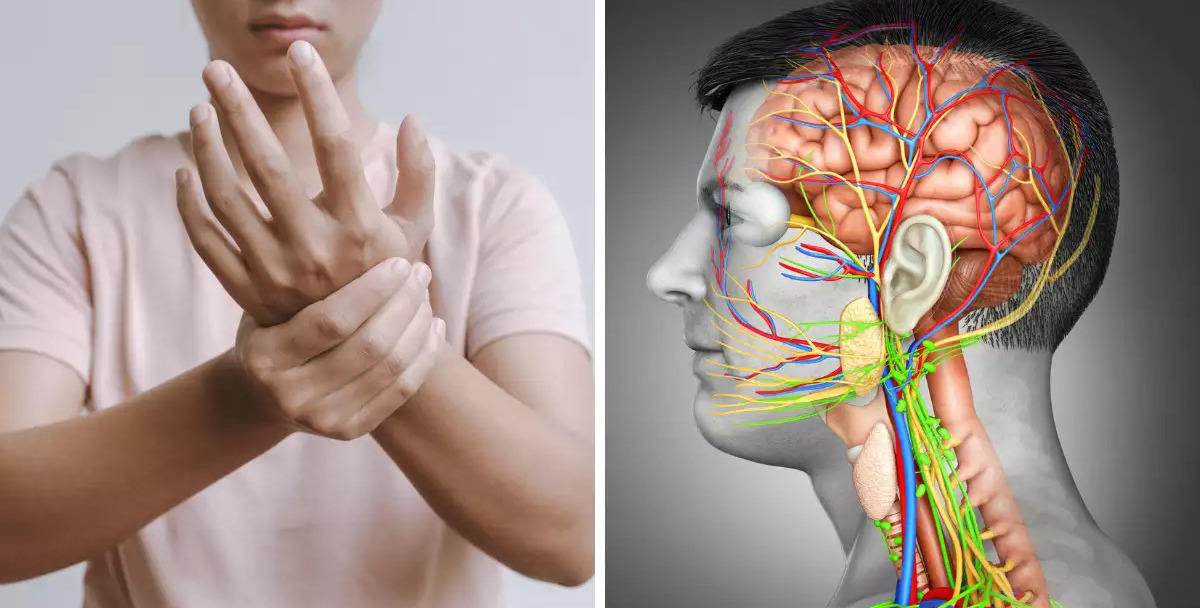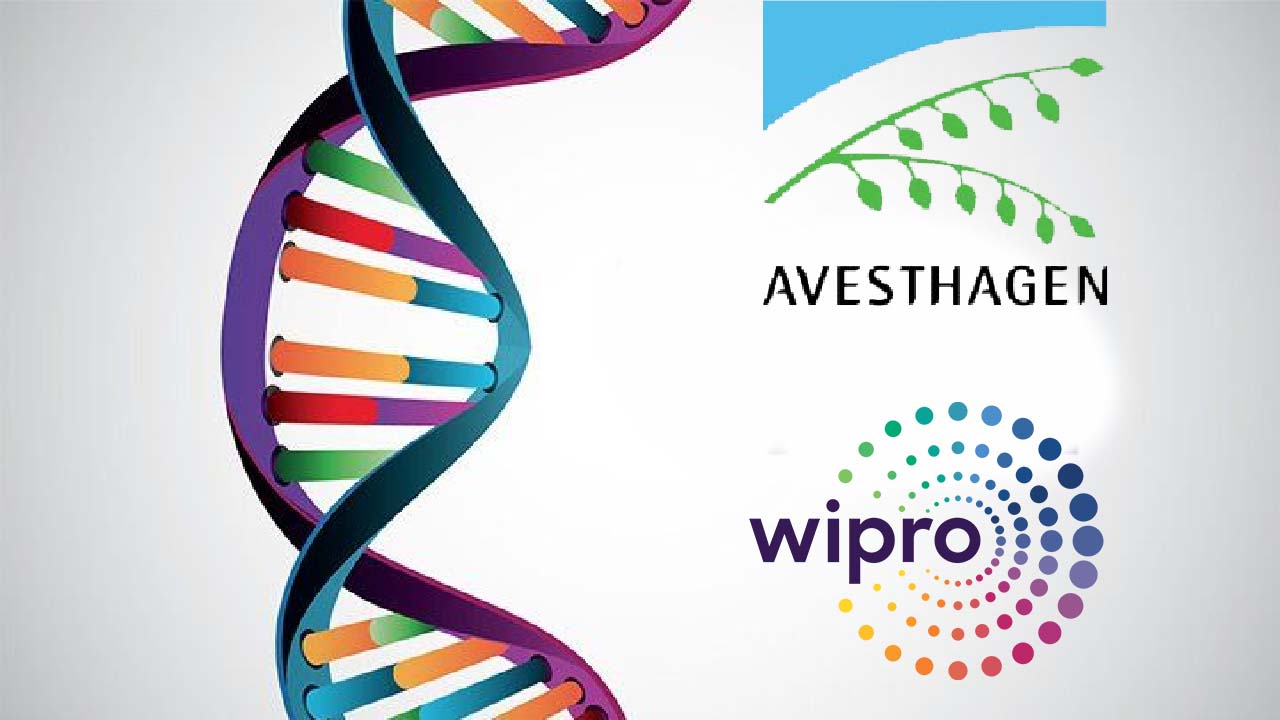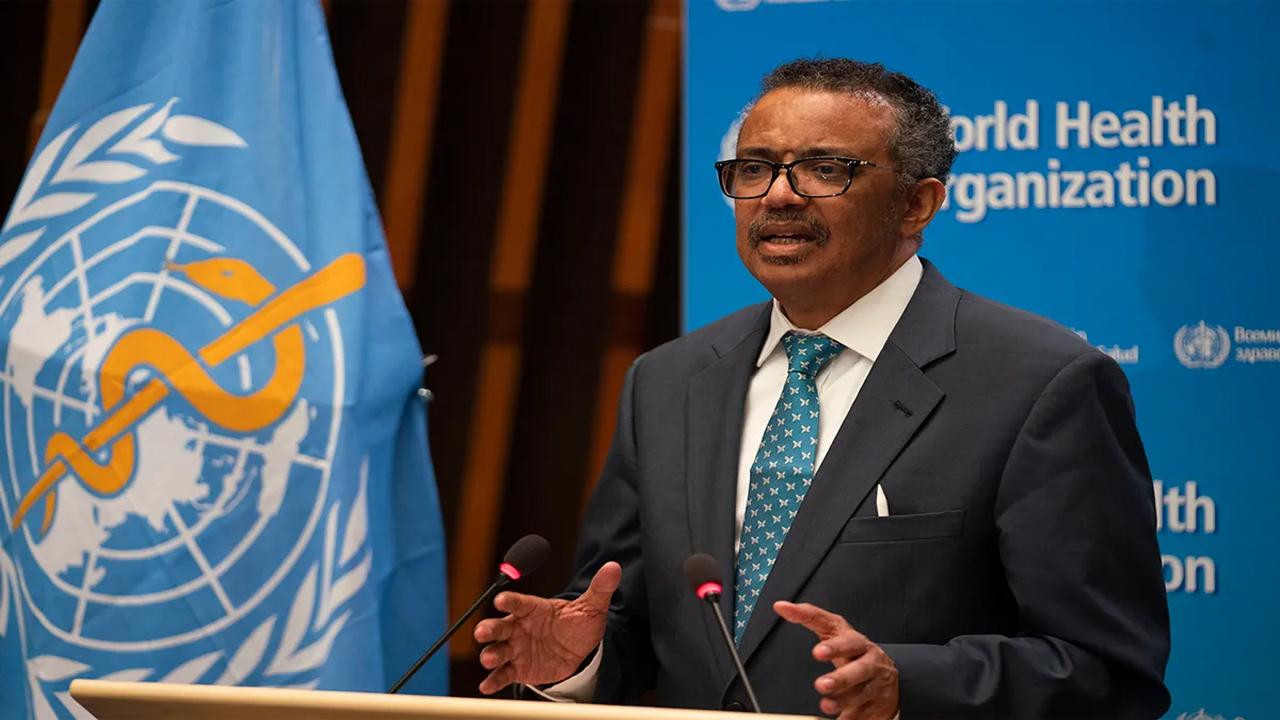Tahira Kashyap, author, filmmaker, and a voice of resilience, recently opened up about a deeply personal chapter: her second encounter with breast cancer. While the world celebrated World Health Day, Tahira chose to share her reality. It wasn’t just a personal update. It was a wake-up call. Her story reminds us that even after early detection, regular screenings, and a positive lifestyle, breast cancer can strike again. And when it does, it demands courage, clarity, and community.
On April 7, World Health Day, Tahira used Instagram to share a heartfelt message: her cancer had returned. The caption, laced with her signature humour and strength, said it all: "When life gives you lemons, make lemonade. When life becomes too generous and throws them again at you, you squeeze them calmly into your favourite kala khatta drink and sip it with all the good intentions."
She didn't share this for sympathy. She shared it to remind every woman (and every man who loves a woman) that health is never to be taken for granted. Her emphasis on regular screening, especially mammograms, highlights one of the most under-utilised weapons against breast cancer in India: early detection.
Tahira is no stranger to advocacy. Diagnosed first in 2018, she had undergone treatment and emerged with a powerful voice that inspired many. She believed in screenings. She believed in clean eating. She believed in health. And yet, breast cancer returned.
Her story brings to light an uncomfortable truth: sometimes, even when we do everything right, illness still comes knocking. And that doesn't mean you failed. It means the fight continues.
What Can Help When Cancer Returns?
1. Timely Detection: Even if recurrence happens, early spotting can change the outcome. Women who've had cancer before are advised to be even more vigilant with regular scans, breast exams, and timely consultations.
2. Strong Medical Support: Advances in cancer treatment mean options are more effective and accessible today than ever before. Personalized therapies, hormone treatments, and new-generation chemo help reduce side effects and improve recovery.
3. Mental Health Matters: Emotional strength is often overlooked. But it's critical. Support from family, therapy sessions, mindfulness techniques, and patient communities play a huge role in healing.
4. Lifestyle is a Companion, Not a Cure: Diet, exercise, and clean living don’t prevent cancer entirely. But they build resilience. They help the body fight better. Think of them as tools that work alongside medicine not instead of it.
What Should Be in Every Woman’s Health Diary?
Monthly self-examinations: Know what your normal feels like.
Annual mammograms: Especially after the age of 40, or earlier with a family history.
Exercise: 30 minutes of daily movement.
Balanced nutrition: Include cruciferous vegetables, healthy fats, and antioxidants.
Stress management: Through meditation, journaling, or therapy.
In a country where taboos still cloud women’s health conversations, Tahira’s openness is revolutionary. She doesn’t whisper her diagnosis. She owns it. She names it. And in doing so, she helps others do the same.
Her previous posts showed her embracing her chemotherapy-induced baldness with grace. She never pretended to be okay all the time. But she always made space for gratitude, for hope.
India sees over 1.6 lakh new breast cancer cases each year. But survival is directly linked to early diagnosis. Unfortunately, lack of awareness, rural healthcare gaps, and social stigma delay help.
Campaigns and celebrities can shift this. When someone like Tahira says, "Get a mammogram," people listen. And when she says, "It came back, but I still got this," people believe they can survive too.
How Can We Do Better?
Normalise Conversations: Breast health should be dinner-table talk, not whispered in clinics.
Screening Drives in Rural India: Mobile vans, trained ASHA workers, and local awareness sessions can make a difference.
Insurance for All: Cancer treatment is expensive. Government and private schemes must be expanded and simplified.
Mental Health Support: Psychological counselling should be a mandatory part of oncology care.
Tahira's words remind us of something deeper: resilience is not about being unbreakable. It’s about facing fear, uncertainty, and pain and still choosing to show up. It’s about crying when you need to. Laughing when you can. And above all, believing that this moment, too, will pass.
She once wrote, “Cancer is a journey that tests your strength, resilience, and faith. Early diagnosis and affordable treatment are key to survival.” That message, woven with hope and truth, should echo across every city, every village.
While fighting cancer, Tahira hasn’t slowed down. She directed Sharmajee Ki Beti, a beautiful multigenerational story of women navigating life and identity. Through cinema, writing, and activism, she continues to shape how India views women’s health, strength, and stories.
Breast cancer may have returned in Tahira's life, but so has her spirit. She’s not just surviving she’s thriving. Her journey isn’t just medical. It’s emotional. It’s cultural. It’s political. And it’s deeply human.
To every woman reading this: Your body deserves your attention. Your pain deserves a voice. And your health deserves priority. Screening may not prevent all diseases. But silence surely never cured one.
Let Tahira’s story be a reason you booked that appointment. Let her courage be the mirror that reflects your own.

 Through cinema, writing, and activism, she continues to shape how India views women’s health, strength, and stories.
Through cinema, writing, and activism, she continues to shape how India views women’s health, strength, and stories.


















.jpeg)

.jpeg)
.jpeg)
.jpeg)

.jpeg)
.jpeg)
.jpeg)
_(1).jpeg)

_(1)_(1)_(1).jpeg)
.jpeg)
.jpeg)
.jpeg)






